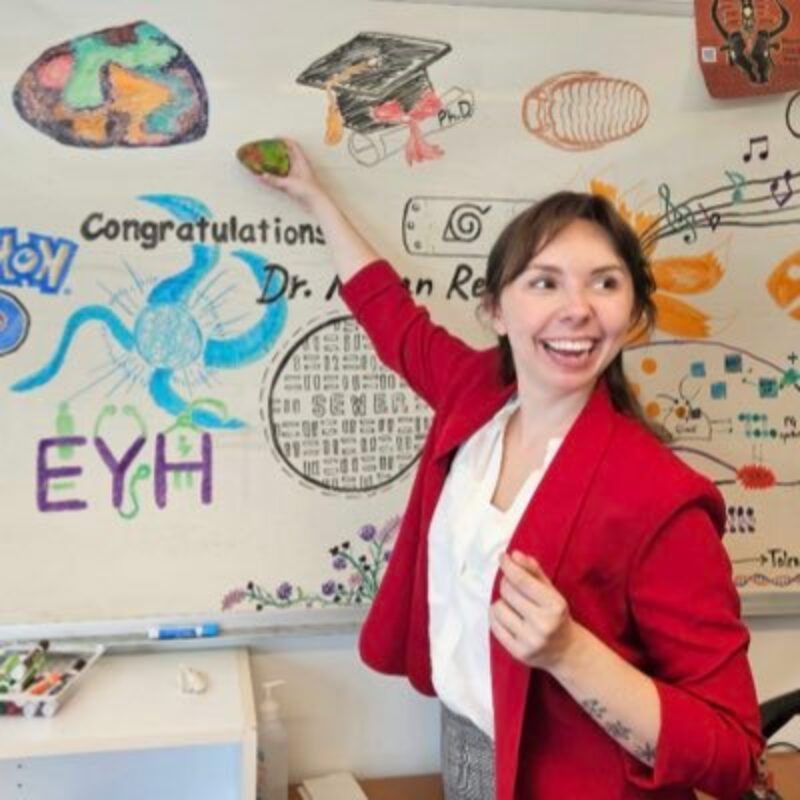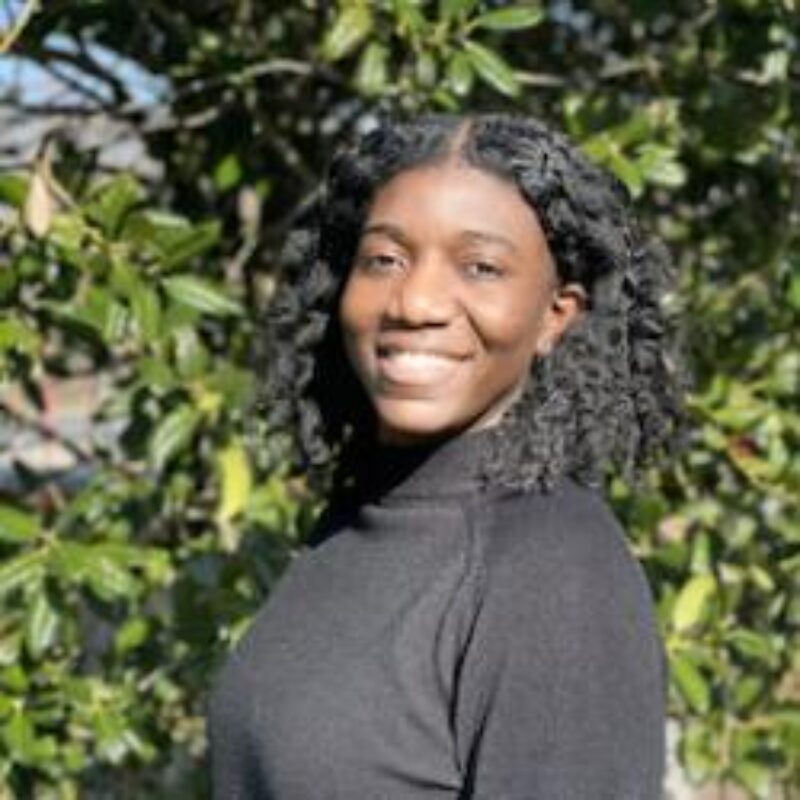Tag: Genetics, Genomics and Cell Biology of Infection
-

Rafael Kroon Campos
We study emerging arboviruses and other ssRNA+ viruses. We work on understanding the interactions between viruses and its hosts. Our research aims to improve our knowledge to ultimately promote global preparedness through proactive measures of prediction, surveillance, prevention, and treatment. Our lab focuses on emerging[...] -

Bryan Swingle
Bryan is a Research Molecular Biologist in the Emerging Pests and Pathogens Research program at the Robert W. Holley Center for Agriculture & Health. View his USDA-ARS profile. -

CIHMID SPOTLIGHT: The Hendry Lab
There are diverse areas of study across CIHMID’s member labs, but our PIs are unified in their commitment to science. CIHMID will periodically shine a spotlight on an individual lab to highlight the people behind the work. These are their stories. Dr. Tory Hendry Assistant Professor, Department of Microbiology CIHMID URE Director CIHMID MFF […]
-

Protected: CIHMID SPOTLIGHT: The Huberman Lab
There is no excerpt because this is a protected post.
-

Microbial Friends & Foes application portal opens Dec. 1!
More information about the program and a link to the application can be found HERE: https://cihmid.cornell.edu/…/mff-reu/ The application portal for the Microbial Friends & Foes Research Experience for Undergraduates will be open from Dec. 1 through Feb. 1, 2025. Please note that, due to the nature of our funding, the program can only accept U.S. […]
-

Megan Keller
During her doctoral work, Megan specialized in uncovering new ways bacteria can become less susceptible to antibiotics through her work with the Doerr lab. However, her long-term passion is seeded in communicating science to the public, either through the instruction of rising young scientists, or[...] -

Lisa-Marie Nisbett
The Nisbett lab is interested in determining the mechanisms of pathogenesis of clinically significant yet critically understudied bacterial pathogens such as nontuberculous mycobacteria (NTM). In the clinic, NTM infections have become increasingly problematic as they are the primary cause of pulmonary lung infections, and are difficult[...] -

Melanie Filiatrault
We focus our research efforts on discovery and molecular characterization of bacterial factors involved in bacterial-plant interactions, with particular interests in bacterial signaling systems and small non-coding RNAs. Another area of research is the development of new management strategies for bacterial pathogens. We use a[...] -

Aisha Burton
We look to elucidate the mechanisms through which small proteins, approximately 50 amino acids in length, contribute to the regulation of stress responses in bacteria, with a particular focus on E. coli and B. subtilis. Our research revolves around exploring the role of these small[...] -

Xander Wilcox
Xander was born and raised in the Ithaca, NY area and completed his bachelors at Hobart and William Smith Colleges. He went on to earn his PhD in chemistry and chemical biology in the labs of Dr. Andrew Fisher and Dr. Peter Beal at the[...]
